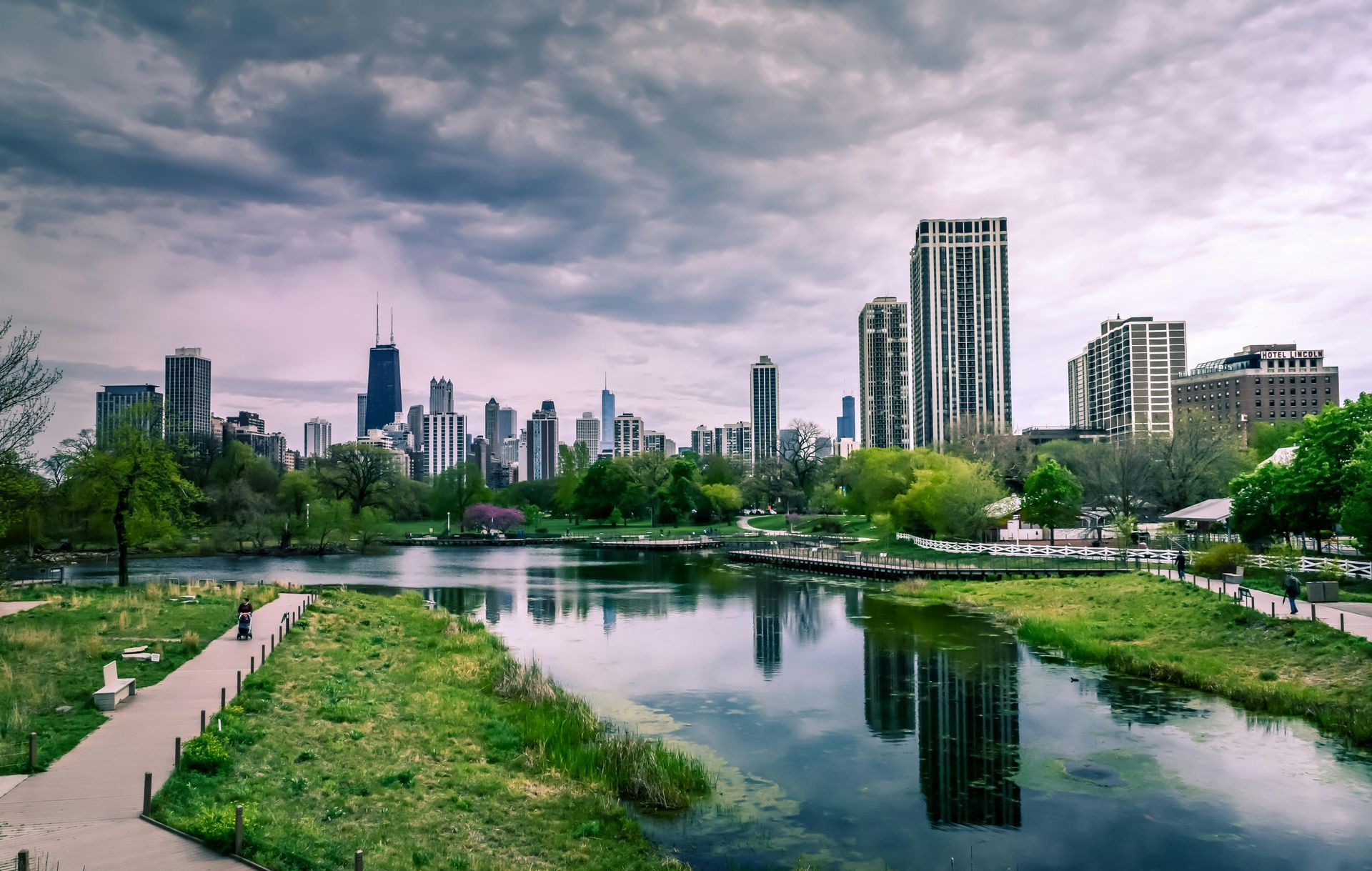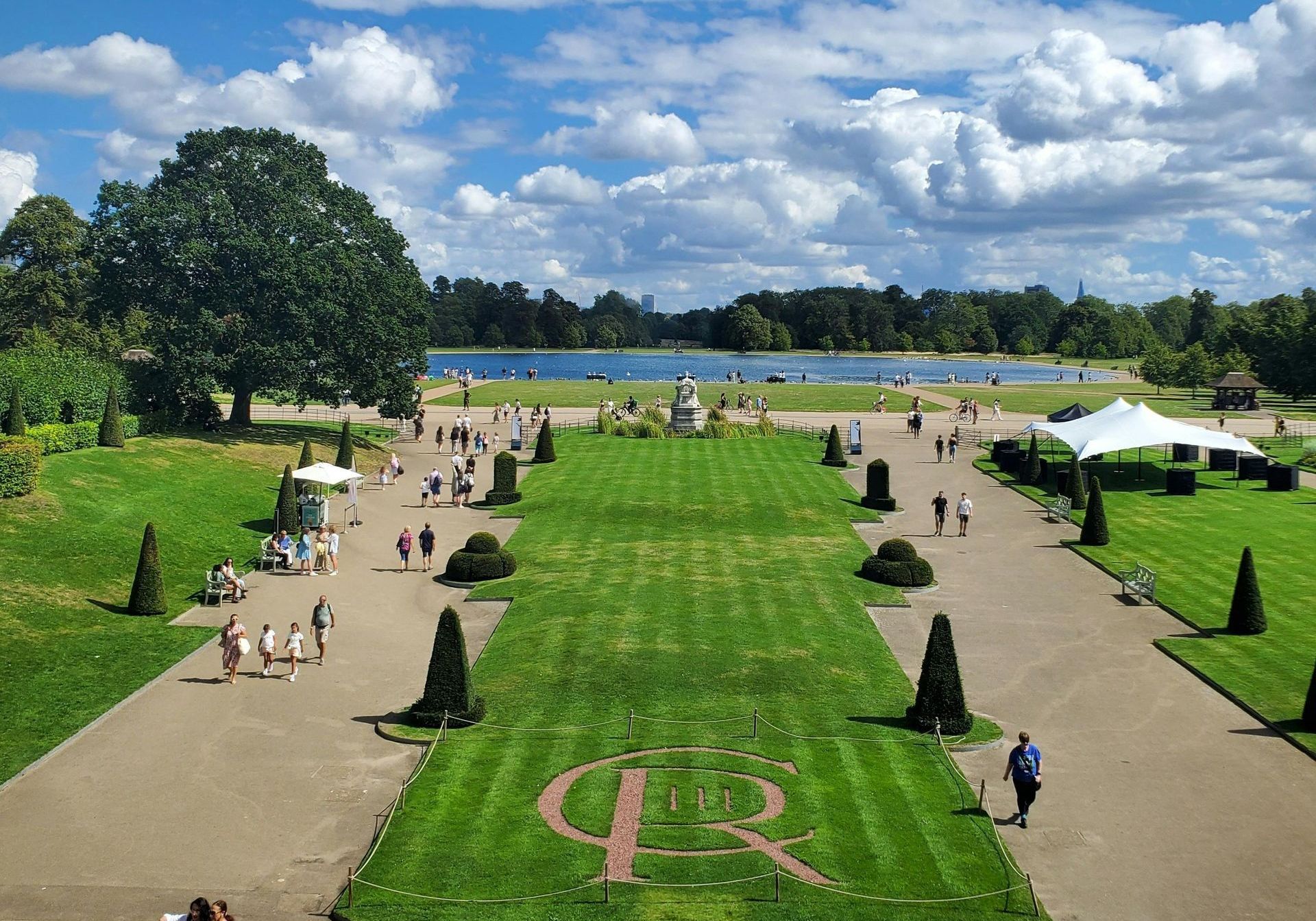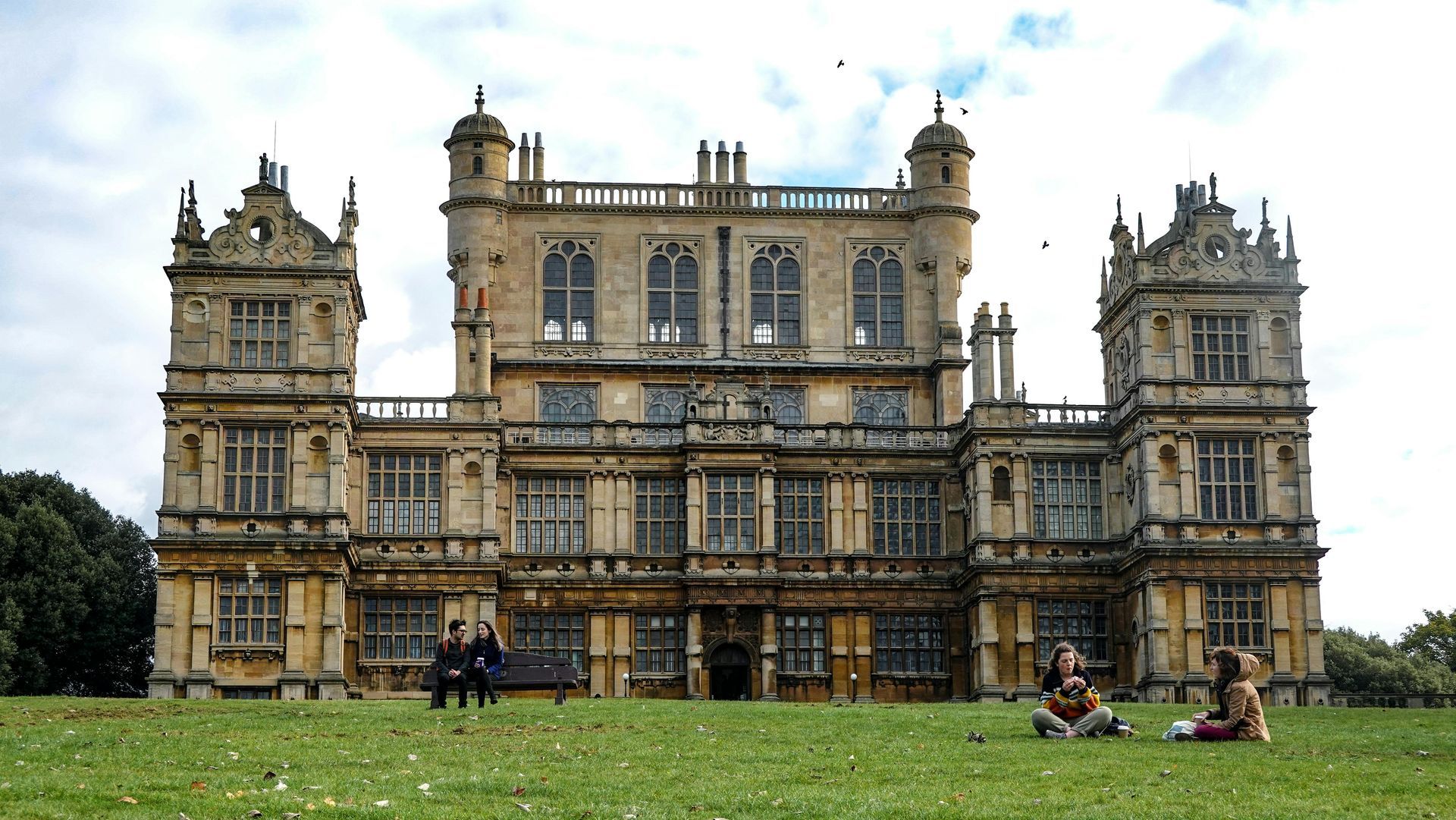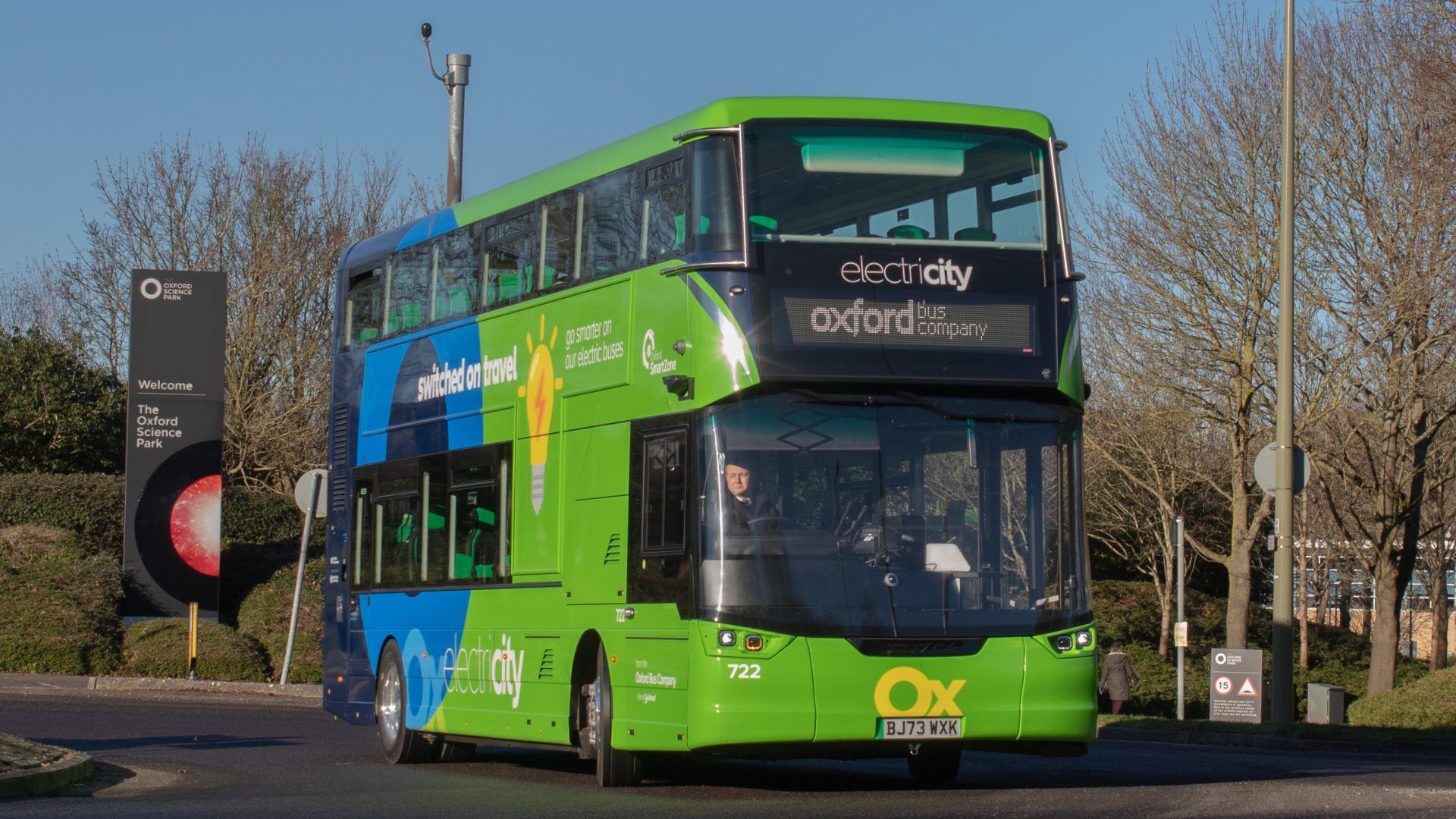The Greenest Cities in the UK

The landscape of urban living is changing across the United Kingdom. With sustainability now a central focus in city planning, more councils are embracing green infrastructure, cleaner air, and nature-first approaches. More cities now have expanded public parks, investment in low-emission public transport, and renewable energy integration.
What Makes a City Green?
A green city is more than just its parks. The UK's top green cities will include clean and accessible transport, climate resilience, energy-efficient housing, biodiversity, and engaged communities.
In 2025, these ten cities stand out for their leadership in making city life more green:
1. Edinburgh
Edinburgh leads the pack as the UK's greenest city in 2025. Almost 50% of the city is composed of green space. Residents and visitors enjoy direct access to nature through parks like Holyrood Park, the Meadows, and Princes Street Gardens. The city has embraced promoting active transport through cycling and walking routes and is on course to meet its net-zero carbon target by 2030.

2. Glasgow
As of 2025, around 32% of the city is green space, and major projects have focused on rehabilitating former industrial land into green corridors and recreational parks. Glasgow Green and Pollok Country Park are vibrant green spaces that showcase the city's environmental efforts. Glasgow has also heavily invested in sustainable transport, such as electric buses and a growing number of cycle paths. Glasgow's environmental status was also boosted after hosting the COP26 summit.
3. Bristol
In 2015, Bristol was named the UK's first European Green Capital. Bristol is targeting carbon neutrality by 2030. Cycling is central to the city's transport culture, with miles of bike paths and dedicated lanes. Community-led programs in urban farming, green business support, and sustainable housing development show that environmental responsibility in Bristol runs deeper than policy—it's a lifestyle embraced across the city.
4. Sheffield
Sheffield is often called "The Outdoor City," and with good reason. Over 61% of its landscape is green space, and the city is home to more than 250 parks and woodland areas. Its closeness to the Peak District National Park enhances outdoor culture and access to nature. Sheffield also boasts around 4.5 million trees (more trees per person than any other European city).The local council supports green building standards, biodiversity and clean air.
5. Greater London
Despite being the UK's most densely populated city, Greater London has made commendable progress in sustainability. Roughly 23% of the city is classified as green space, a figure made impressive by the city's massive scale. London is reimagining how green infrastructure can exist in megacities, from Royal Parks like Hyde Park and Richmond Park to new urban greening projects and community gardens. Policies like the Ultra Low Emission Zone (ULEZ) have significantly dropped nitrogen dioxide levels. London's mayoral office is also pushing for all new buildings to meet strict energy-efficiency standards as part of the city's 2030 zero-carbon target.

6. Leeds
Leeds has become a standout for green urban innovation in Northern England. The city offers nearly 22% of its green space, including one of Europe's largest urban parks, Roundhay Park. Leeds has implemented a Clean Air Zone, investing in electric public transport and cycle lanes to support sustainable travel. Leeds engages private and public sectors in cutting emissions through its Climate Commission. It also retrofits old housing stock to improve energy efficiency and combat fuel poverty, proving that climate action and social equity can go hand in hand.
7. Nottingham
Nottingham has become one of the most ambitious cities in the UK regarding climate policy, aiming to become carbon neutral by 2028. It has already cut emissions by over 40% since 2005. Approximately 21% of the city is green space and includes high-quality urban parks such as Wollaton Hall and Arboretum Park. The city's commitment to clean energy is evident in its public housing developments, which now include solar panels and ground-source heat pumps. The extensive electric bus fleet further reduces emissions while modernising public transport.

8. Cardiff
Around 14.6% of Cardiff's total area is designated as green space, and Bute Park, one of the largest city parks in the UK, lies right in the city centre. Cardiff is pushing forward with its One Planet Cardiff strategy to achieve net zero by 2030. Residents benefit from clean air initiatives, improved cycling routes, and a growing number of eco-conscious businesses. The residents also help make the city more environmentally friendly by having strong recycling rates and investing in offshore wind and other renewable energy sources.
9. Cambridge
Around 14.2% of Cambridge is green space, and it's home to a vast network of cycling trails and nature reserves. Over 25% of journeys are made by bike, making Cambridge the UK's most cycling-friendly city. The local government supports innovation through smart city tech that tracks real-time pollution, waste, and energy use. Its university-led research also places Cambridge at the lead in green technology.
10. Oxford
Oxford has embraced the green transition with an impressive heritage preservation and technological innovation mix. Just under 20% of the city is green space, with popular outdoor destinations like University Parks and Port Meadow. In 2023, Oxford introduced the UK's first city-centre Zero Emission Zone, a policy restricting access to fossil fuel-powered vehicles. As of 2025, Oxford has rolled out 159 electric buses, the highest per capita in the country. The city is also encouraging green development in housing, with new builds required to meet high environmental standards.

Honorable Mentions
Cities like Manchester, Brighton, and Newcastle are making impressive strides in green development. Manchester's Bee Network will introduce over 300 electric buses by 2027. Brighton is known for community-led sustainability, with plastic-free shops and eco-conscious restaurants throughout the city. Newcastle is expanding its solar energy infrastructure and retrofitting housing to reduce emissions.
How can Purely Energy help?
If you want to know more about the greenest cities in the UK or would like help lowering your energy costs, contact us at 0161 521 3400 or Info@purelyenergy.co.uk. Alternatively, get a quick quote.
This article was written by Megan Glover of Purely Energy. If there are any suggestions or questions - Please get in touch with us.




